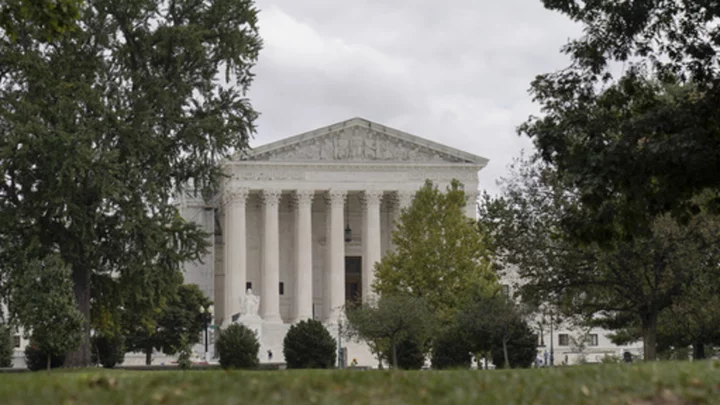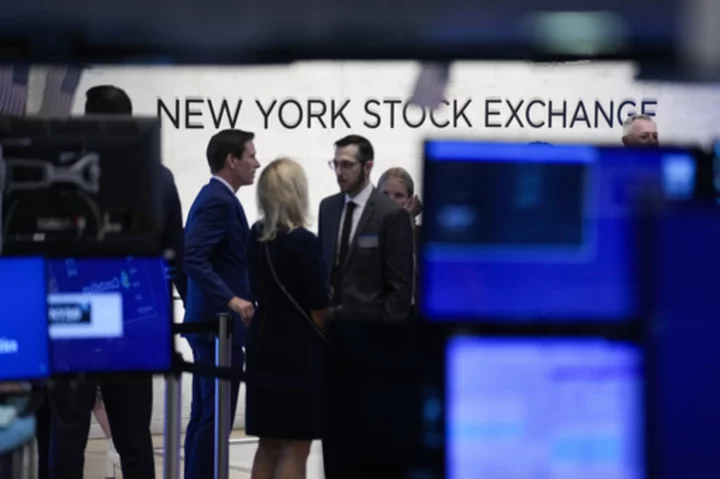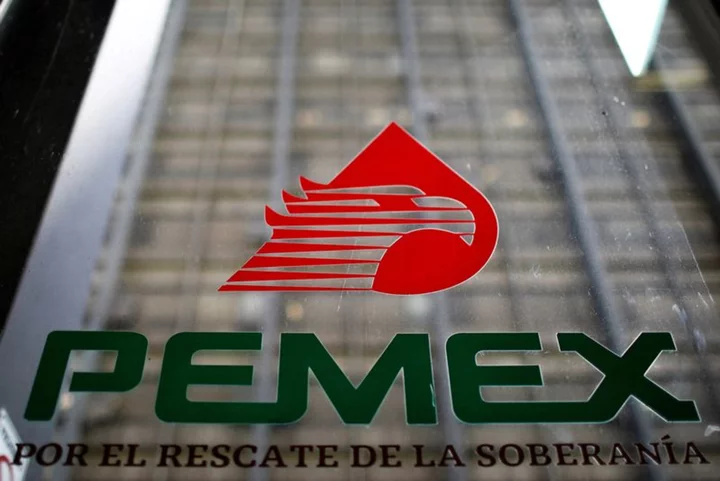WASHINGTON (AP) — The Supreme Court on Monday rejected North Carolina's appeal in a dispute with animal rights groups over a law aimed at preventing undercover employees at farms and other workplaces from taking documents or recording video.
The justices left in placea legal victory for People for the Ethical Treatment of Animals in its challenge to the state law, which was enacted in 2015. PETA has said it had wanted to conduct an undercover investigation at testing laboratories at the University of North Carolina at Chapel Hill but feared prosecution under the “Property Protection Act.”
In a 2-1 decision, the 4th U.S. Circuit Court of Appeals ruled in February that the law could not be enforced against PETA — and likely others in similar situations — when its undercover work is being performed to conduct newsgathering activities.
“People have a right to know about illegal and unethical conduct. Exposing unsafe or inhumane practices and working conditions is essential to holding powerful bad actors accountable for the harm they cause," David Muraskin, a lawyer with FarmSTAND — representing PETA and other groups that challenged the law, said while praising Monday's decision.
The law is similar to so-called state ag-gag laws — aimed at gagging undercover activists who record footage of the animal agriculture industry — that have been struck down by several courts around the country over free speech concerns. The Supreme Court has so far refused to weigh in.
The majority opinion at the 4th Circuit had narrowed a 2020 ruling by a trial court judge who had struck down four provisions in the law related to the potentially secretive activities.
State lawyers for Attorney General Josh Stein, a defendant in the case along with UNC-Chapel Hill’s chancellor, had asked the Supreme Court to take up the matter. So did the North Carolina Farm Bureau Federation, which also defended the law in court.
Stein's office had told the justices there were conflicting decisions among circuits “about whether audio-visual recording always constitutes protected speech or whether recording may be unprotected when it takes place on nonpublic property without the property owner’s consent.”
And the federation's lawyers wrote the results of 4th Circuit's ruling would now potentially leave private property owners “without any civil remedy against invasions by individuals so long as the invaders claim they were attempting to gather news.”
Muraskin said Monday that reversing that decision would have had a chilling effect on whistleblowers and undercover investigations of many kinds, including those of sexual harassment.
Stein, the state's top law enforcement officer, had no comment beyond sayng his office was reviewing Monday's decision, according to a spokesperson.









